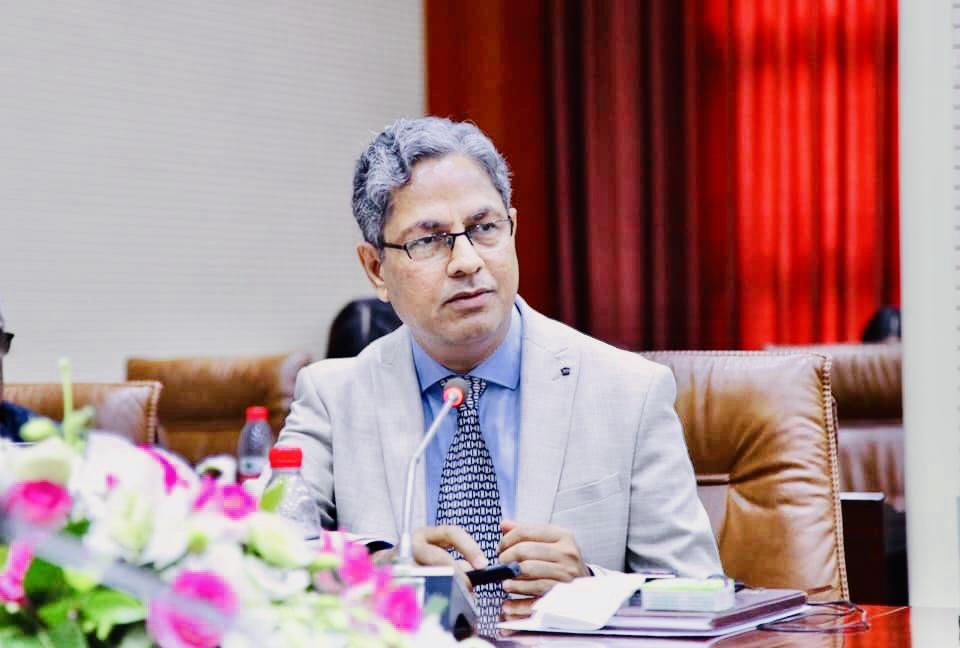 In view of coming presidential elections in the US and continued turmoil inside Iran, rhetoric is most likely to overcast reason in their policy decisions. The Pioneer Correspondent Sapna Singh interviewed Jawaharlal Nehru University’s Professor Swaran Singh to understand the things in details.
In view of coming presidential elections in the US and continued turmoil inside Iran, rhetoric is most likely to overcast reason in their policy decisions. The Pioneer Correspondent Sapna Singh interviewed Jawaharlal Nehru University’s Professor Swaran Singh to understand the things in details.
Question: What is the future of Joint Comprehensive Plan of Action (JCOPA)?
Answer: The future of JCPOA that was assiduously built over several years by eight nations had always been precarious given their perilous equations. But US openly walking away and undermining it since May 2018 and now the recent standoffs between US and Iran have placed serious question marks on its future which have serious regional implications. Iran stands out as one most powerful nation in the Gulf region which is the only one not friendly or aligned with the United States. Their tit-for-tat strikes may have halted for the time being but their tension continues with may erupt any time again. Especially, in view of coming presidential elections in the US and continued turmoil inside Iran (thanks to severe sanctions crippling its economy and technologies), rhetoric is most likely to overcast reason in their policy decisions. This is especially true in case of Iran which has been target of US censor and sanctions. So, though in principle most stakeholders of JCPOA, including Iran, would favour stability and survival of this historic agreement it has continued to be undermined making it weaker to discourage Iran (or other aspirants) from going nuclear.
Question: India buys crude oil from Iran. Amidst ongoing crisis between the US and Iran, how it would impact New Delhi’s economic and security concern?
Answer: Stability in Gulf region remains most critical for India. Not only recent tension saw oil and gas prices rising, access to these suppliers of India, like Iraq or Oman, could become perilous and uncertain leading to rise in energy prices at home. Uncertainty and tension in Gulf region could also disrupt India’s $200 billion trade with this region. Most important is about 8 million Indians leaving and earning livelihoods in this region. Any instability could create spectre of their likely ‘exodus’ as also sharp decline in remittances — $40 billon of India’s total annual remittances of $70 billion — which can deeply impact India’s economic slow down and further add to social unrest. On the brighter side, India also has unique advantage of having had strong and close relations with Iran and having sustained this proximity despite US pressures to the contrary. India also has gradually been inclining closer to the US. There are few nations that could be acceptable mediators to both US and Iran and India is one such nation. India also has lately had cultivated strong friendship with most country of the region — from Israel, to Saudi Arabia, UAE, Oman, to Iran — and that lends credibility that India can turn this challenge into an opportunity to facilitate dialogue as way to could tempers. Given that this effort will be guided by India’s dire need for stability in the region will ensure its greater chances of success.
Question: As we know India is the only nation having good relations with Washington and Tehran, it is important for India that Middle East region remains stable as military confrontation in the region wouldn’t serve India ‘s interest.. how India can act as mediator or help in someway to de escalate tensions?
Answer: More specifically, India has a career diplomat as India’s foreign ministers with decades of interactions and personal relations with leaders across the world as also enormous capacity to articulate India’s interests and fine tune its initiatives. Speaking at Raisina Dialogue this Wednesday, Foreign Minister S Jaishankar once again reiterated India becoming increasingly decisive and proactive in international relations. He has recently had visits to Tehran and Washington DC and had personal interactions with Javed Zarif and Mike Pompeo which provides an ideal setting for taking that forward to build a conduit for communications. This is also time which both US and Iran have preferred restrain and seem open to third party initiatves in facilitating dialogue. This is both necessary and opportune therefore for India to showcase and unleash its diplomatic prowess to ensure stabuility in the Gulf region.
Question: The US sanctions has affected India’s relation with Iran while India has important strategic and economic interests including ambitious Chabahar port project in southeastern Iran, what will be the future of Indian Fossil Fuel companies as they are hesitant to do business with Iran?
Answer: There is no doubt India has been lately inching closer to the US and this has had visible impact on India’s engagement of Iran which was usually second or third largest supplier of crude oil to India. But India has not completely deserted Iran and Tehran perhaps understands India’s compulsions. But while India’s imports from Iran have dried, recent months have witnessed expanding relations — especially investments in India’s enormous refining sector — both other players like Saudi Arabia. This is also time when countries have been exploring alternatives beyond fossil fuels where India’s International Solar Alliance has been a stellar initiative. Iran likewise has to also think of life beyond fossil fuels provided it cans access technologies and services from global markets which it has been denied for over four decades now. Such denial of technologies and resources to Iran has been partly seen as responsible for Iran relying on its network of militias across the region with deeper implications. India keeping the door open to Iran therefore has been a stabilising force and must be build further.
Question: As an academician, do you think that it is time for India also to change its Middle East Policy which traditionally tried to balance the Arab Gulf states, Iran and Israel. Please elaborate.
Answer: Indeed, India’s engagement with West Asia has already witnessed a transformation under India’s new vision of multi-alignments i.e. building partnerships with as many countries in as many sectors as possible. This has seen India from early 2000s building closer relations with Israel, Saudi Arabia, Oman, UAE and of course continuing with its strategic partnership with Iran. India has so far successfully calibrated a fine balance in simultenously engaging these West Asian powers that otherwise do not see eye-to-eye with each other and this has seen transformation of India’s leverages vis-a-vis regional multilateral organisations. Recent tensions between US and Iran perhaps comes as first critical litmus test to India’s new policy of multi-alignment with the region. But given the internal political uncertainties for both Israel and Iran and need for global recognition for Saudi de facto ruler MBS makes it possible for India to manage these cracks while brining US and Iran to some kind of dialogue.
Stability in Gulf region remains most critical for India: Swaran Singh
Team India Sentinels 12.38pm, Thursday, January 16, 2020.LATEST POSTS
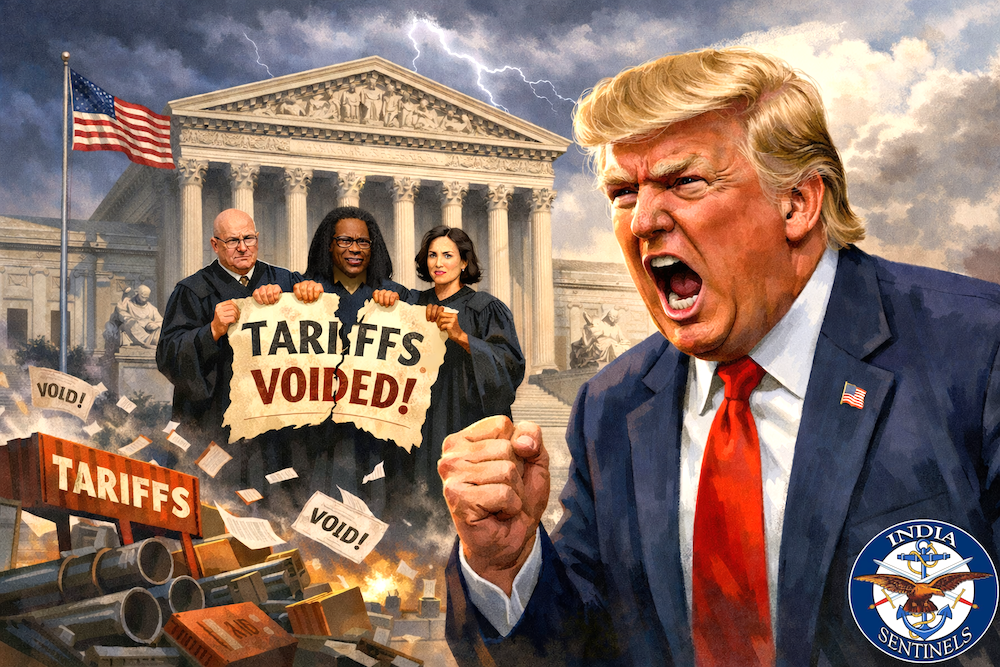
Sunday 22nd of February 2026 05:51 PM
After US supreme court strikes down Trump’s levies, president strikes back. What does India face in new American tariff order?
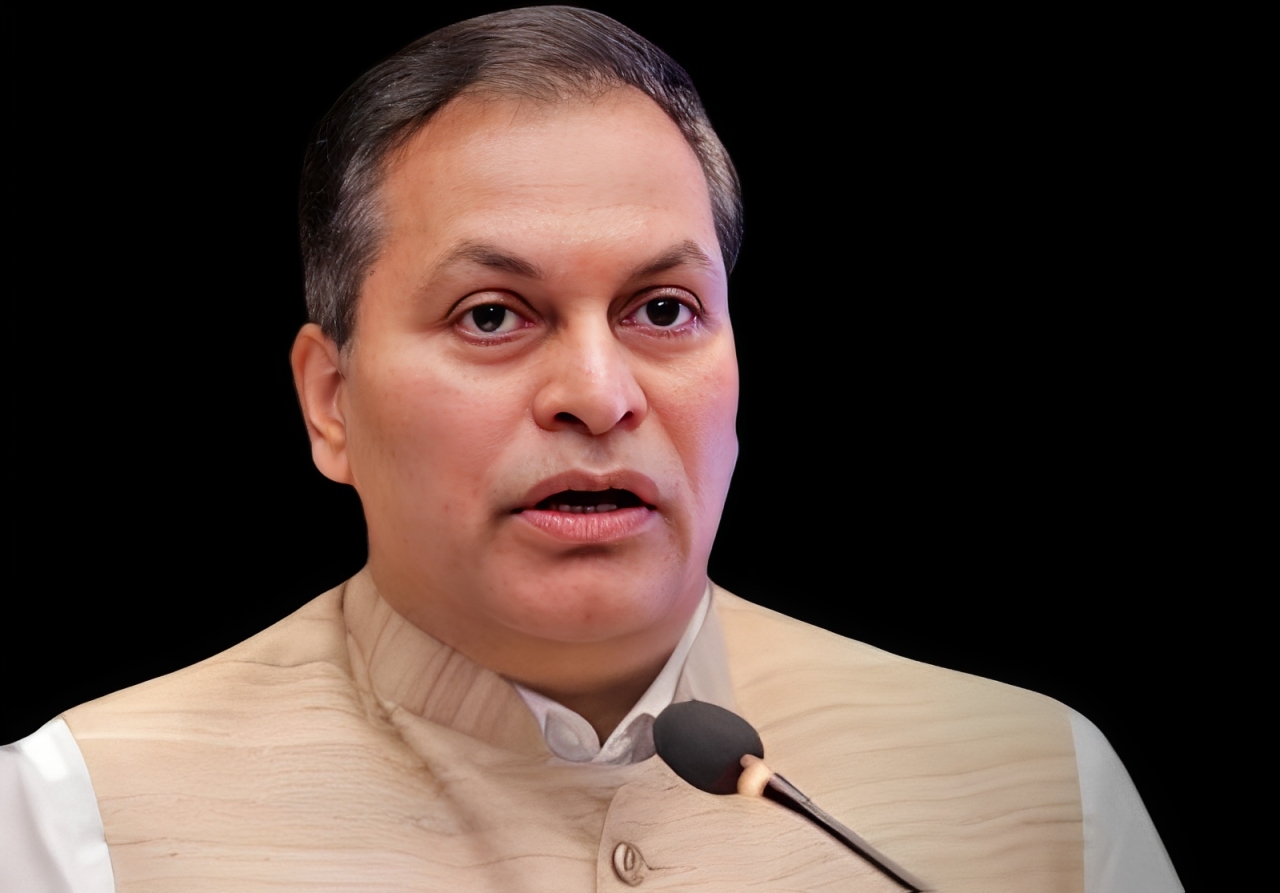
Friday 20th of February 2026 02:36 PM
Indian ambassador to Ethiopia Anil Kumar Rai bats for a sovereign AI path for global south
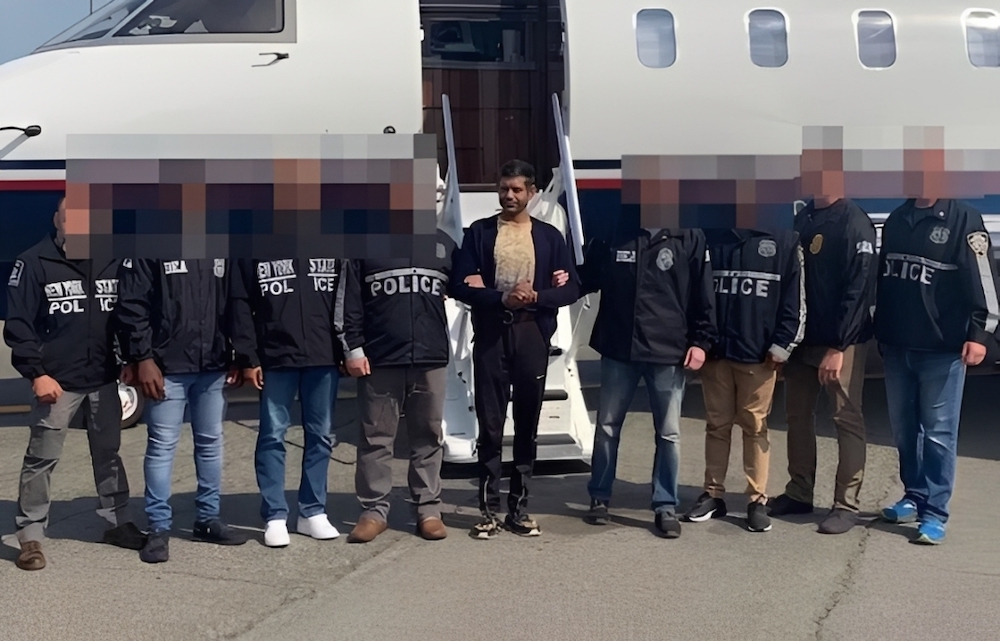
Saturday 14th of February 2026 07:35 PM
Nikhil Gupta pleads guilty to plotting to assassinate Sikh-American Khalistani Gurpatwant Singh Pannun on US soil
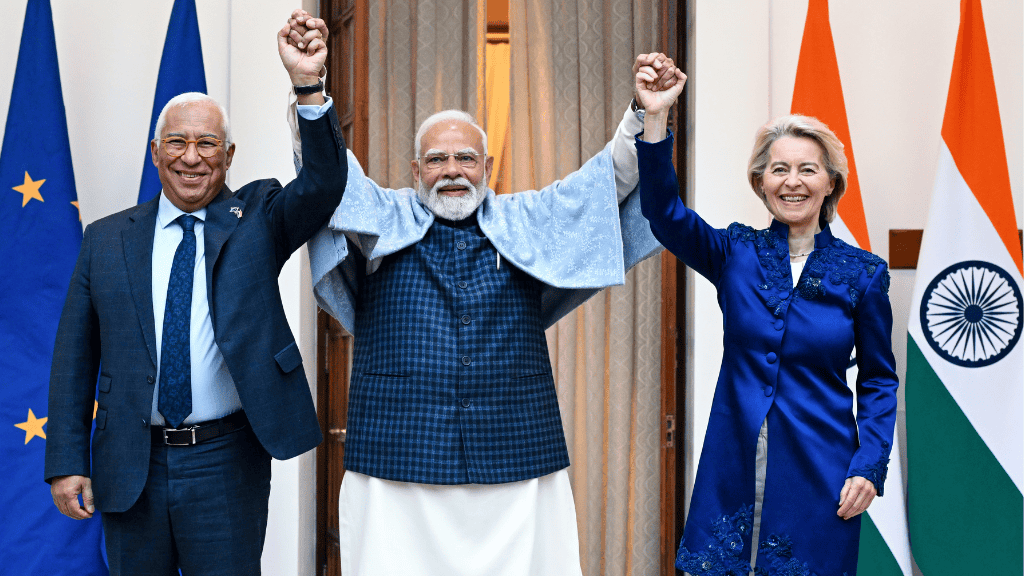
Tuesday 27th of January 2026 05:38 PM
‘Mother of All Deals’: India and European Union sign historic free trade agreement

Friday 26th of December 2025 05:48 PM
India – Ethiopia engagement gains momentum, focus on digital technology and defence cooperation
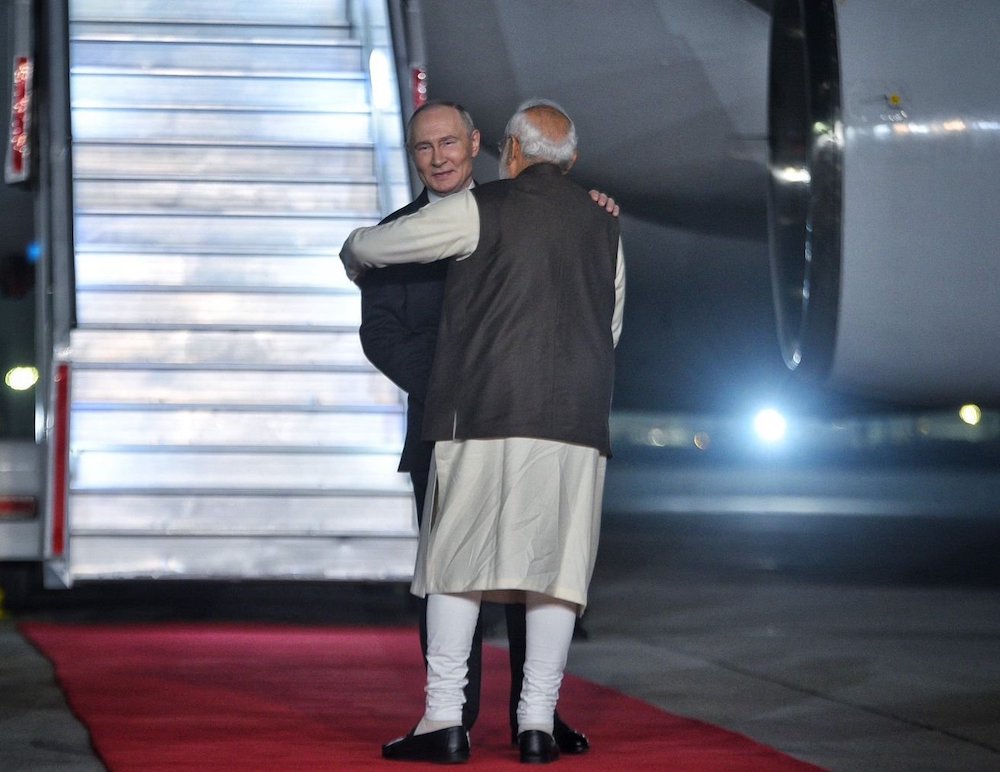
Thursday 4th of December 2025 11:48 PM
Vladimir Putin’s New Delhi visit marks test of India’s strategic autonomy amid western pressure
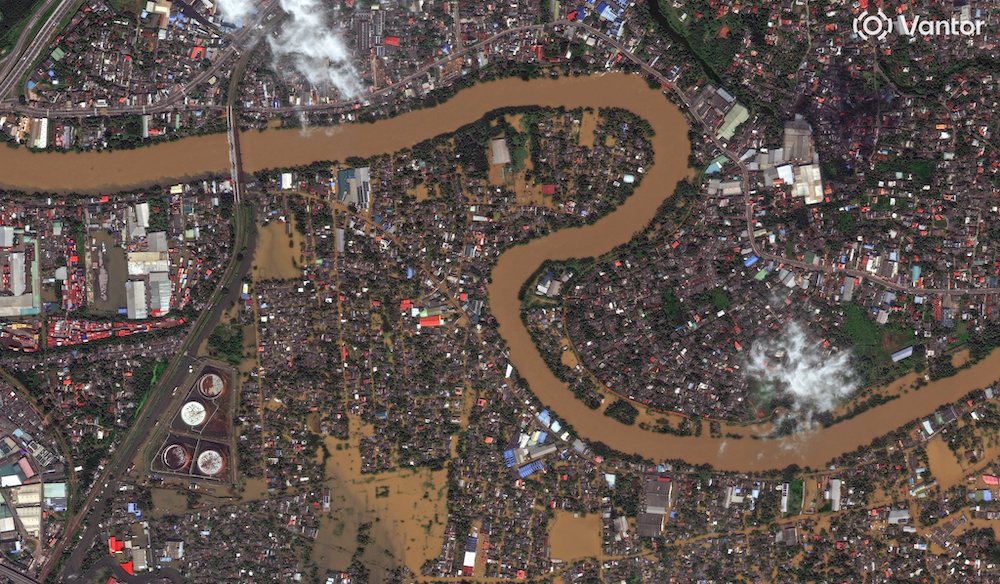
Thursday 4th of December 2025 05:03 PM
Operation Sagar Bandhu: India deploys comprehensive relief mission as Sri Lanka reels from Cyclone Ditwah’s devastation
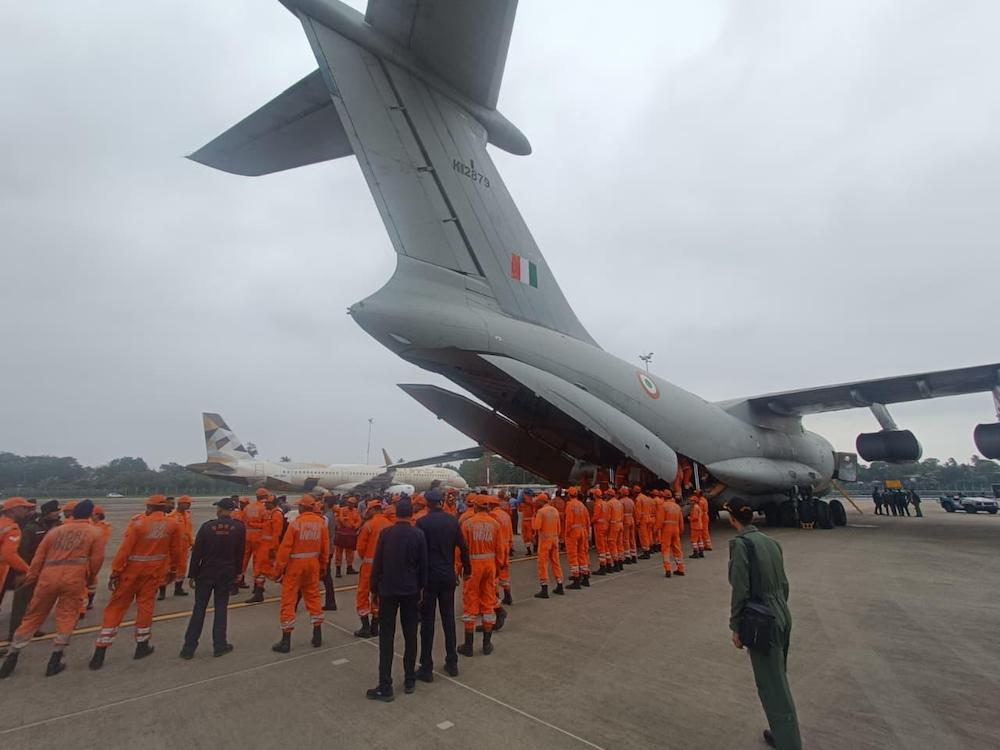
Saturday 29th of November 2025 12:18 PM
Operation Sagar Bandhu: Indian Air Force airlifts 21 tonnes of relief supplies to cyclone-hit Sri Lanka
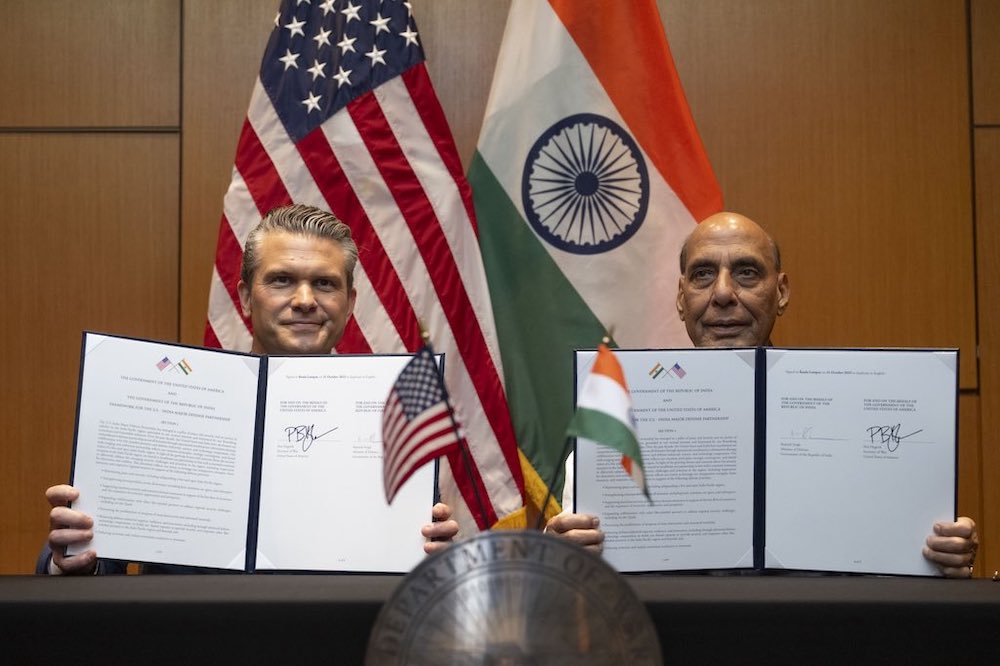
Friday 31st of October 2025 03:55 PM
India, US extend defence framework pact for another decade
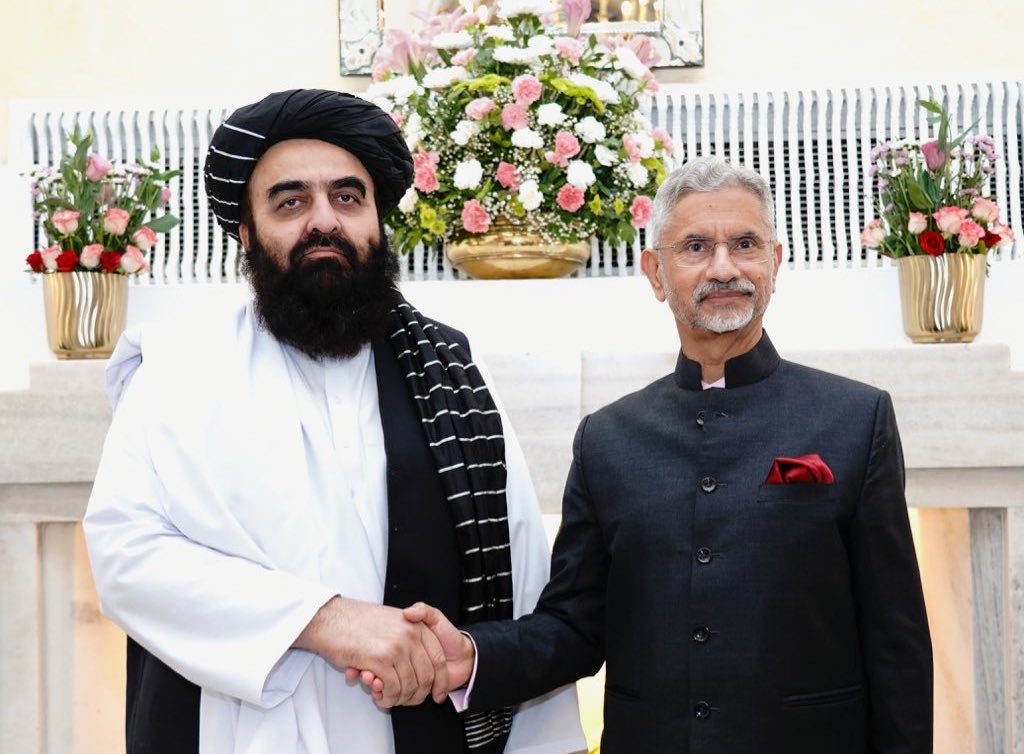
Friday 10th of October 2025 06:54 PM
India signals deeper engagement with Afghanistan’s Taliban government through healthcare and infrastructure push
This site uses cookies. By continuing to use this website, you agree to our Cookie Policy and Privacy Policy.
About Us | Contact Us | Privacy | Cookies
